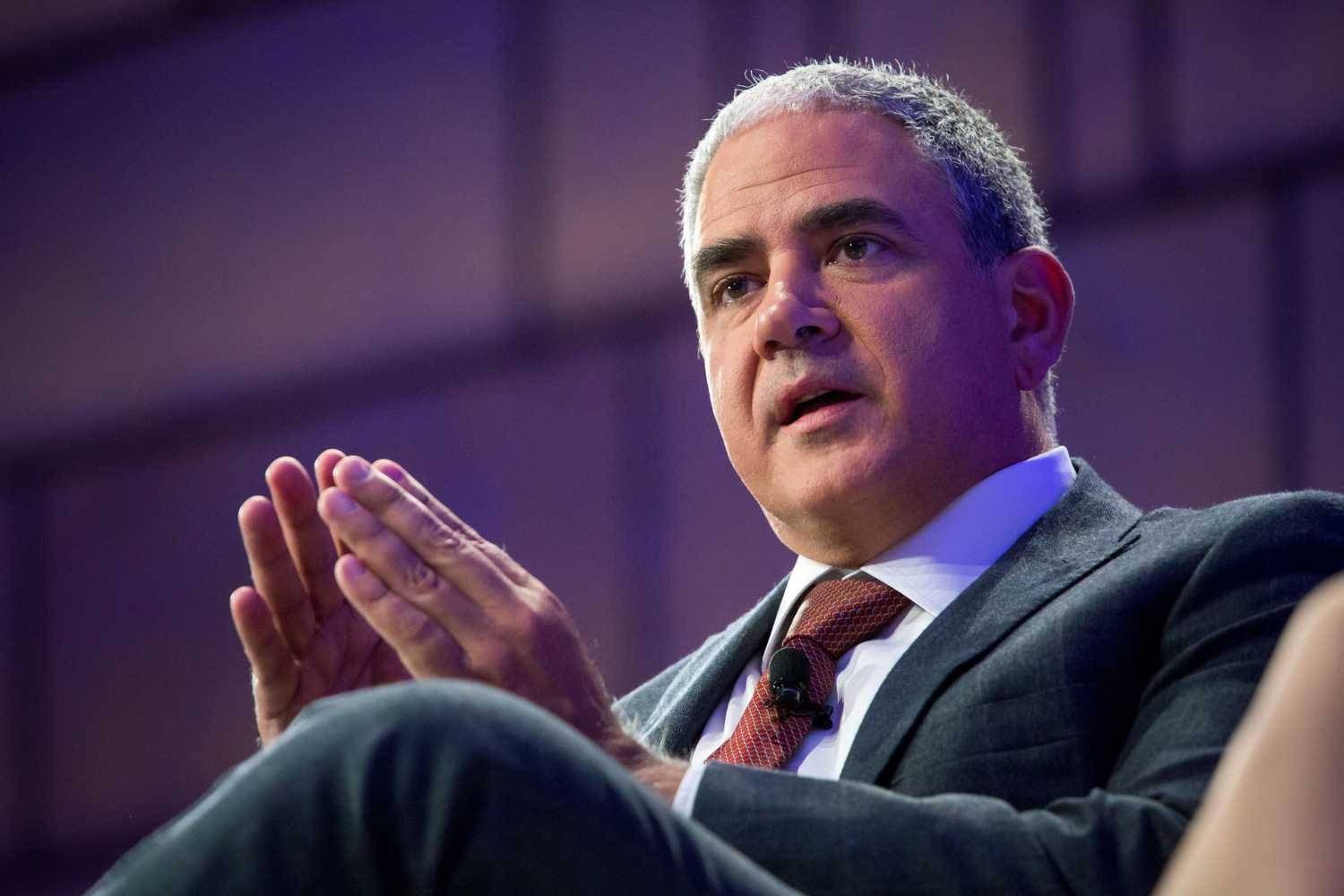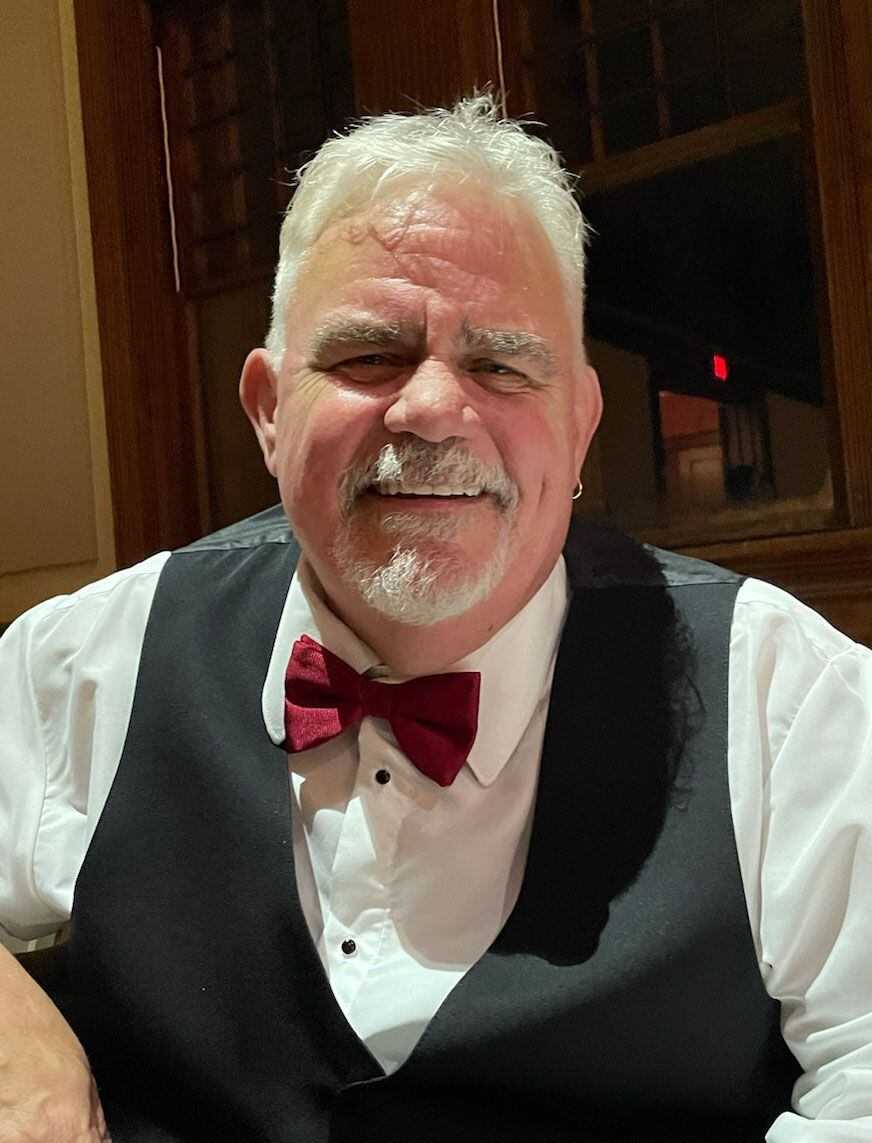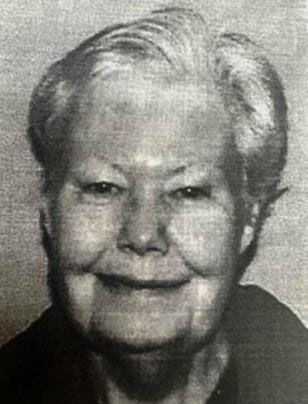Timeline: Steward Health Care kept expanding, even as the situation at hospitals turned dire
As Steward Health Care executives pushed the for-profit hospital chain to get bigger and bigger, expanding across the globe and accumulating debt, the situation for its patients became increasingly dire.
Countless surgeries have been canceled and time-sensitive medical tests routinely delayed. Unpaid vendors have repossessed lifesaving equipment. Emergency rooms have gone severely understaffed.
All the while, the Boston-born company, led and largely owned by former Massachusetts heart surgeon Dr. Ralph de la Torre, prioritized expanding the chain and taking huge dividends for de la Torre and others.
The timeline below outlines key moments in the explosive growth and ultimate collapse of Steward Health Care through two sets of events: The decisions made by C-suite executives, and the realities on the ground.
It also includes some of the 15 cases found by the Spotlight Team in which Steward patients died after failing to receive professionally accepted standards of care due to equipment or staffing shortages.
The number comes from a review of hundreds of government reports, staffing complaints filed by nurses, federal data, and wrongful death lawsuits, as well as conversations with patients’ families and their lawyers, and over a hundred interviews with more than 100 current and former Steward workers. (Reporters identified some patients by matching dates and other details to death records acquired by the team.)
Do you have information about problems at Steward hospitals? Send us an e-mail at [email protected] or submit tips here.
In the hospitals
In the C-Suite
March 2010
The board of Caritas Christi, a Catholic health care system in Massachusetts, voted to sell its six hospitals and other operations to Steward Health Care, a newly created affiliate of private equity firm Cerberus Capital Management. Steward said it would invest $400 million in capital improvements and assume the hospital's pension liability.
Steward bought five more hospitals in Massachusetts, including Morton Hospital in Taunton and Quincy Medical Center in 2011. In that deal, Steward agreed to not close either hospital for 10 years with few exceptions. But Steward announced it was closing the Quincy hospital in December 2014 because of financial challenges, flouting that agreement. It ultimately agreed to keep its emergency department open for at least another year.
December 2015
A monitoring report from then-Attorney General Maura Healey's office flagged Steward transactions showing it “increasingly relied on bank term loans to fund operating losses and capital expenditures," contributing to debt several times greater than its equity by December 2013. Steward posted its first profitable year in 2015.
September 2016
Steward announced that Medical Properties Trust, a real estate investment trust, would pay $1.25 billion in a real estate sale-leaseback transaction involving eight of the system’s nine hospitals. MPT would also get a 5 percent equity stake in Steward.
Steward expanded rapidly after the MPT deal, buying 26 hospitals the following year in Arizona, Arkansas, Colorado, Florida, Ohio, Pennsylvania, Louisiana, Texas and Utah. The deals, which included a massive $1.9 billion acquisition from Tennessee-based company IASIS Healthcare, made Steward the largest private for-profit hospital operator in the country.
Dec. 20, 2017
Steward Health Care began expanding internationally, signing an agreement to deliver services in the island country of Malta and taking over a public-private partnership from Vitals Global Healthcare.
August 2018
Steward moved its headquarters to Dallas from Boston. They also began closing more hospitals, including one in Ohio and another in Phoenix in 2019.
May 2020

Michael Nagle/Bloomberg
Ralph de la Torre and other Steward executives purchased the company's international assets through a joint venture with MPT. Cerberus also transferred its controlling interest in Steward to executives for a note that could be converted to equity. The Cerberus deal, Steward said, made it the largest physician-owned and operated hospital system in the country.
November 2020
Steward closed the emergency department at Quincy Medical Center. In the same month, it also acquired three hospitals in Colombia.
January 2021
Steward borrowed $335 million from MPT to buy out the equity note from Cerberus. The company also paid a $111 million distribution to its equity holders, with the majority of these funds ultimately transferred to de la Torre personally.
June 2, 2021

Gilberto Melendez-Brancaccio, 31, died alone at Carney Hospital in Dorchester of respiratory arrest, even though he was supposed to be monitored one-to-one, federal investigators later found. They also found that the emergency department that night was understaffed and that staff members were not properly trained.
Aug. 16, 2021 - Oct. 10, 2021
Five patients at Glenwood Regional Medical Center in West Monroe, La., were infected during an outbreak of Aspergillus mold in the COVID intensive care unit, according to federal investigators. Four of those patients later died, and a federal report criticized the hospital for not acting fast enough to halt the outbreak. Steward acknowledged the hospital did not have enough infection prevention staff and cleaners lacked the right equipment to “properly clean in a healthcare environment.
Nov. 26, 2021

Michael Edward Shea, 66, was found dead on a hallway stretcher in the Good Samaritan Medical Center emergency department in Brockton after suffering a cardiac arrest, according to a complaint filed by the nurses union with state regulators. The ED had only 11 nurses when there should have been 16.
Feb. 11, 2022
A patient on a cardiac monitor died at Glenwood Regional Medical Center after a nurse failed to check on her. The monitor tech, watching patients' vital signs from another floor, notified the nurse that one of the patient's leads was off but did not notify her that the patient's heart had stopped pumping. A relative found the patient dead 20 minutes later. Federal investigators gave the hospital an immediate jeopardy citation, the most serious citation indicating major patient safety issues.
July 2022
The Department of Justice announced a $4.7 million settlement agreement with Steward Health Care and several related corporate entities, over allegations that one of its hospitals paid physicians and physician practices for services that were not actually performed.
March 2023
The government of Malta took control of its hospitals back from Steward, after a court annulled the contract and asserted Steward acted "fraudulently." Steward briefly appealed the sentence before terminating the concession and leaving the country. The same month, in Texas, Steward began moving to close Texas Vista Medical Center.
Sept. 13, 2023
A patient died at Good Samaritan Medical Center after waiting in the registration line of the emergency department with acute chest pain and shortness of breath. An internal union email said nineteen nurses were supposed to be on duty that night — there were eight.
Oct. 17, 23

Nabil Haque
Sungida Rashid, 39, bled to death shortly after giving birth at St. Elizabeth's Medical Center in Brighton. The embolism coil that St. Elizabeth's doctors could have used to stop the bleeding wasn’t available. Weeks before, according to hospital staff, the devices had been repossessed. Federal investigators gave the hospital an immediate jeopardy citation, the most serious citation indicating major patient safety issues.
Dec. 18, 2023
The US attorney in Massachusetts announced it had filed a complaint under the False Claims Act against Steward Health Care, Steward Medical Group, and St. Elizabeth's Medical Center for allegedly making false or self-referral Medicare claims.
Dec. 23, 2023
A woman went to Melbourne Regional Medical Center in Florida with a perforated bowel that needed immediate surgery, but the hospital had no general surgeon on call to operate on her. Two other Steward hospitals in the area — each roughly half an hour away — also declined to take her, burning several precious hours. The patient was finally approved for a transfer to a hospital more than an hour away but died en route.
Dec. 30, 2023
Richard Fingleton, 81, died at Holy Family Hospital in Methuen after not being checked for vital signs for approximately seven hours in the emergency department. A doctor ordered continuous cardiac monitoring and vital sign checks every four hours, but he had no record of being checked until he was discovered unresponsive at 12:40 a.m. Federal investigators gave the hospital an immediate jeopardy citation, the most serious citation indicating major patient safety issues.
Jan. 4, 2024
Medical Properties Trust announced Steward had not paid full rent in months and that it would speed up collection efforts, while also announcing it would also lend Steward another $60 million to keep operating.
March 22, 2024

Sherlynn H. Brownlee, 80, died at Glenwood Regional Medical Center after waiting several days to be transferred to a hospital that had a higher level ICU. Despite having respiratory failure, she missed out on an open bed at two different hospitals because there was no ICU doctor at Glenwood available to discharge her. Federal investigators gave the hospital an immediate jeopardy citation, the most serious citation indicating major patient safety issues.
May 2024
Steward declared bankruptcy.
Advertisement
Get the newsletter
Sign up to receive Spotlight reports and special projects in your inbox.
Credits
- Reporters: Liz Kowalczyk, Chris Serres, Jessica Bartlett, Elizabeth Koh, Mark Arsenault, and Yoohyun Jung
- Contributors: Gordon Russell and Hanna Krueger of the Globe staff, and Khadija Sharife of the Organized Crime and Corruption Reporting Project
- Editors: Brendan McCarthy and Mark Morrow
- Visuals editor: Tim Rasmussen
- Photographers: Craig Walker, Barry Chin, Kayla Bartkowski, David Ryan, and Andrew Burke-Stevenson
- Director of photography: Bill Greene
- Photo editors: Kevin Martin and Leanne Burden Seidel
- Design: Ashley Borg, John Hancock
- Development and graphics: John Hancock
- Digital editor: Christina Prignano
- Copy editor: Michael J. Bailey
- Quality assurance: Meredith Stern and Michael Johnston
- Audience: Cecilia Mazanec, Jenna Reyes, and Peter Bailey-Wells
- SEO strategy: Ronke Idowu Reeves
© 2025 Boston Globe Media Partners, LLC